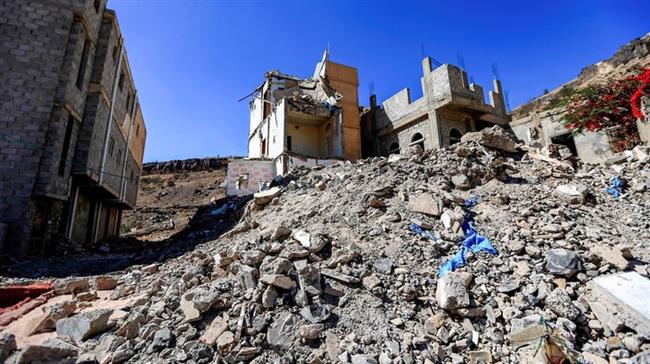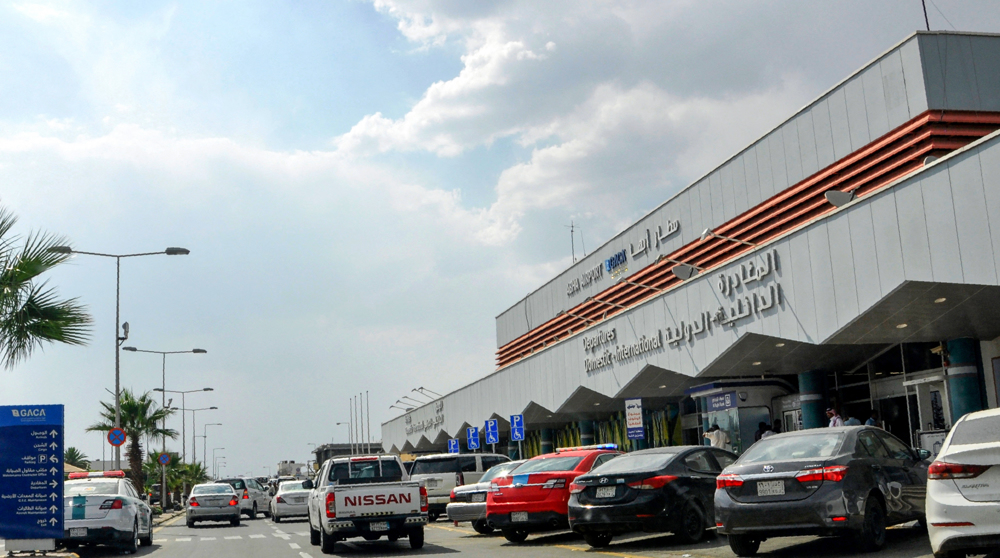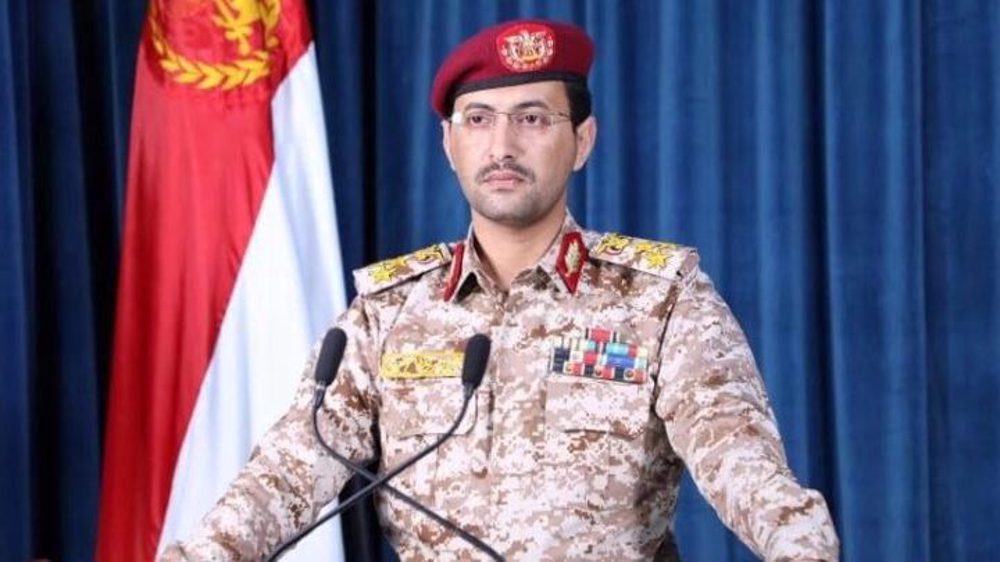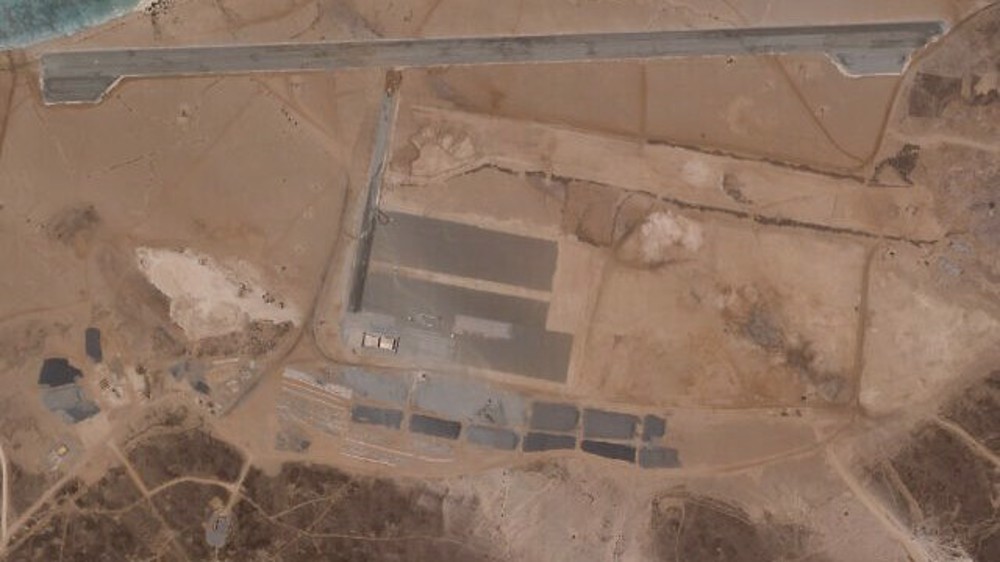From Nigeria to Yemen, UK support for genocide remains the same
By Robert Inlakesh
(Robert Inlakesh is a journalist, writer and political analyst, who has lived in and reported from the occupied Palestinian West Bank. He has written for publications such as Mint Press, Mondoweiss, MEMO, and various other outlets. He specializes in analysis of the Middle East, in particular Palestine-Israel. He also works for Press TV as a European correspondent.)
More than 50 years now since the Biafran/Nigerian civil war, Britain is again backing a genocidal force against a national liberation movement. Showing that the British policy of endorsing weaponized man-made famine and indiscriminate bombings of civilians has remained exactly the same. Sending a strong message to the world that the UK government willingly participates in what many consider to be genocidal military adventurism.
On January 15, 1970, the Nigerian civil war officially ended after three years of untold horrors. The war was fought against Biafran separatists, who sought to fulfill their nation-state aspirations, and the Nigerian government, which was run by puppets installed by the British. Due to the British interests in Nigeria, the UK government instantly stood behind the Nigeria government forces.
The UK stood by as the first ever fully televised, man-made famine was broadcast to the world. The tactic of famine was weaponized by the UK’s puppet government in Nigeria as a means of applying pressure on the Biafran opposition. In its entirety, the famine was estimated to have mass-murdered roughly around one million ethnic Igbo-Biafrans. Not only, however, was it famine that was used as a means of illegal warfare but also indiscriminate bombings of civilian population centers. To give an indication of how extreme the warfare was, within the space of the three-year war, Nigeria used more small arms ammunition than the Western allied forces did in all of WWII.
The British link to the genocidal act of weaponized famine was clear to all, so much so that those suffering from severe malnutrition would be regularly referred to as caught Harold Wilson syndrome. Harold Wilson was the then-Prime Minister of the United Kingdom.
What makes all of this worse, of course, is that since the Biafran war, Britain has not changed its mentality toward the global south. Allowing millions more to perish as Britain has stood behind illegal wars in all corners of the globe. Most notably now is Britain’s role in the ongoing Saudi-led coalition war on Yemen.
Over one hundred thousand people have been killed in the illegal, indiscriminate and targeted bombardments of civilians in Yemen. The UK has not only been implicated in this slaughter via their weapon sales and diplomatic support for Saudi Arabia, but has also admitted to directly playing a role in the coordination of strikes against the people of Yemen.
What is perhaps most disgraceful, on the part of the UK government, is the role they have played in justifying Saudi Arabia’s brutal blockade of Yemen, which has led to famine and outbreaks of diseases such as cholera. It will not be long before over one million people will have starved to death in Yemen and, depending upon how long this genocidal war against the people continues, perhaps many more than that.
If anything, due to the UK being allowed to get away with its role in the Genocide of Biafrans, it has been emboldened by the international community. This sense of entitlement and lack of regard for human rights has now paved the way for the British to commit a crime much greater in volume against the Yemeni people. Instead of a three-year war, this war has been currently ongoing for five years in Yemen, with many years of battles occurring even before this.
The only difference between now and 50 years ago is that despite the impact of social media and the global awareness of the ongoing genocide in Yemen, there is even more global apathy.
The only question now remaining is: how many more illegal wars will the UK get away with participating in before they are brought to justice? And for how long will the Union Jack stay submerged in the blood of those living — or dying — in lands far from their own.
(The views expressed in this article do not necessarily reflect those of Press TV.)
Tel Aviv tells Damascus Israeli forces will remain in occupied territory: Report
Dec. 22: ‘Axis of Resistance’ operations against Israeli occupation
‘Abhorrent’: Oxfam says only 12 trucks delivered aid in North Gaza since Oct.
VIDEO | Leader receives religious eulogists on Hazrat Fatima birth anniv.
Pope Francis slams Israel’s ‘machine-gunning’ of Gaza children
US hostage-taking of Iranian nationals violation of intl. law: Deputy FM
VIDEO | Carol Singers for Palestine on London’s Parliament Square
Ansarullah says ‘Israeli terrorists’ incapable of confronting Yemen, warns of secret weapons











 This makes it easy to access the Press TV website
This makes it easy to access the Press TV website